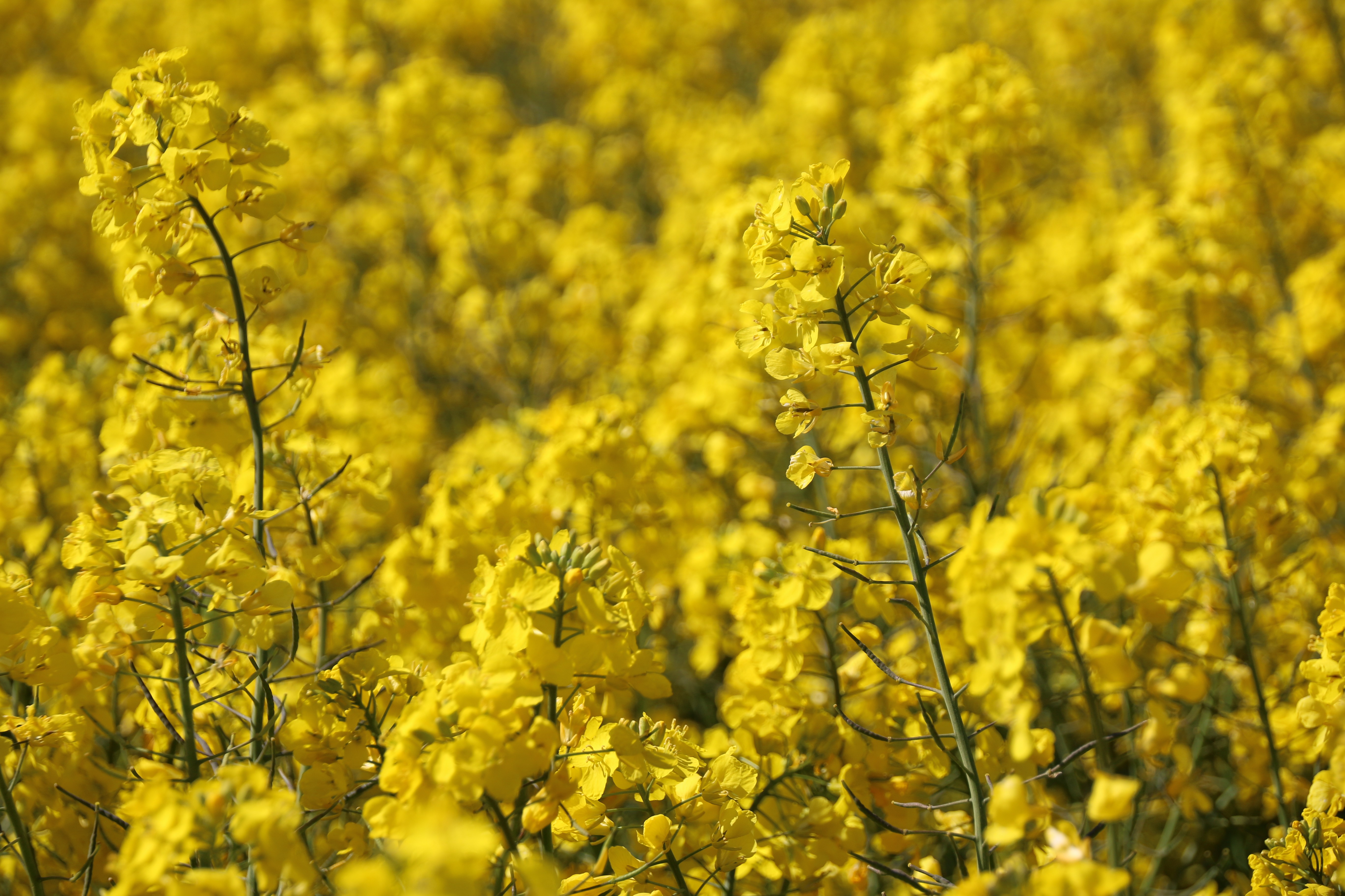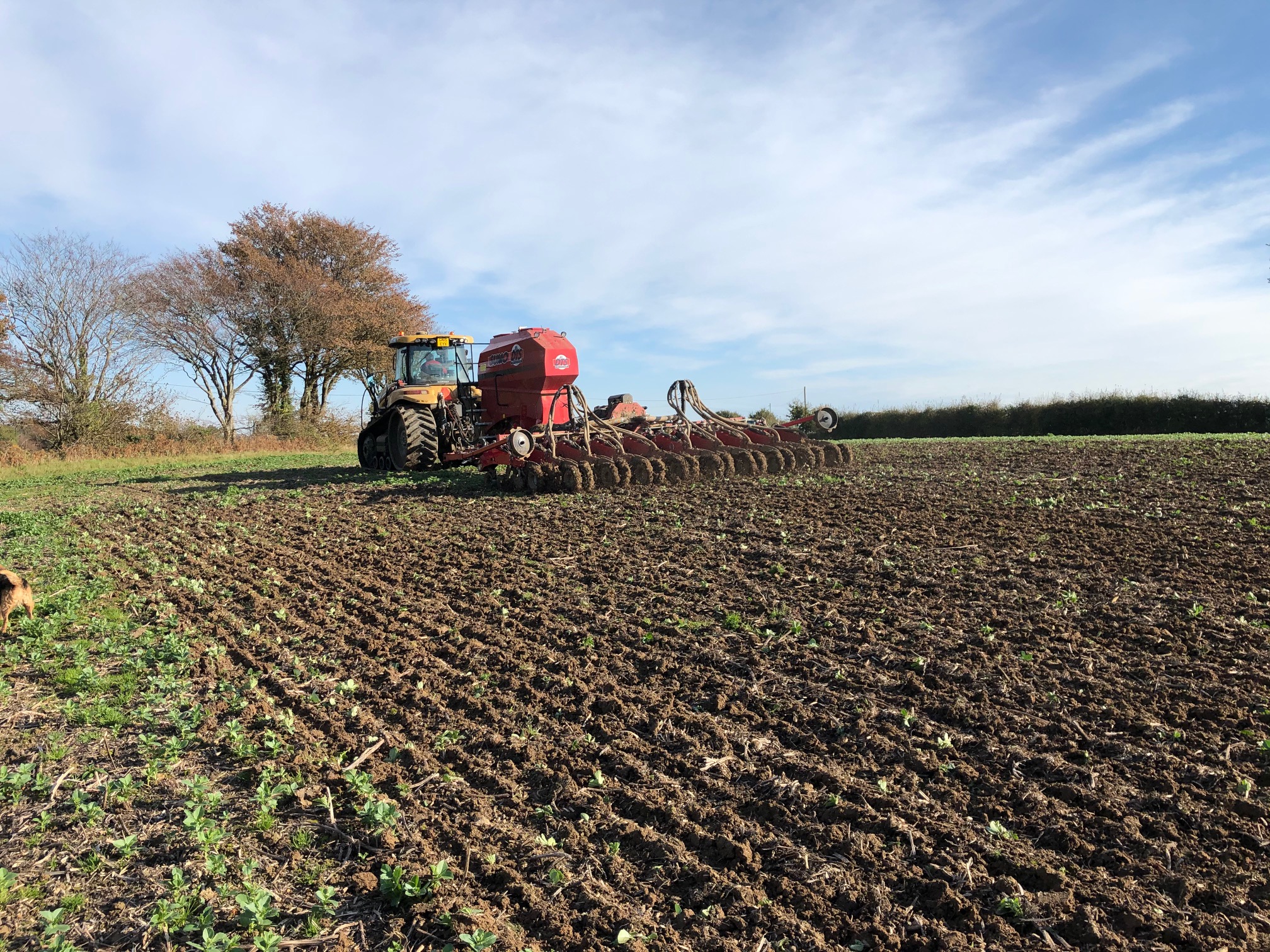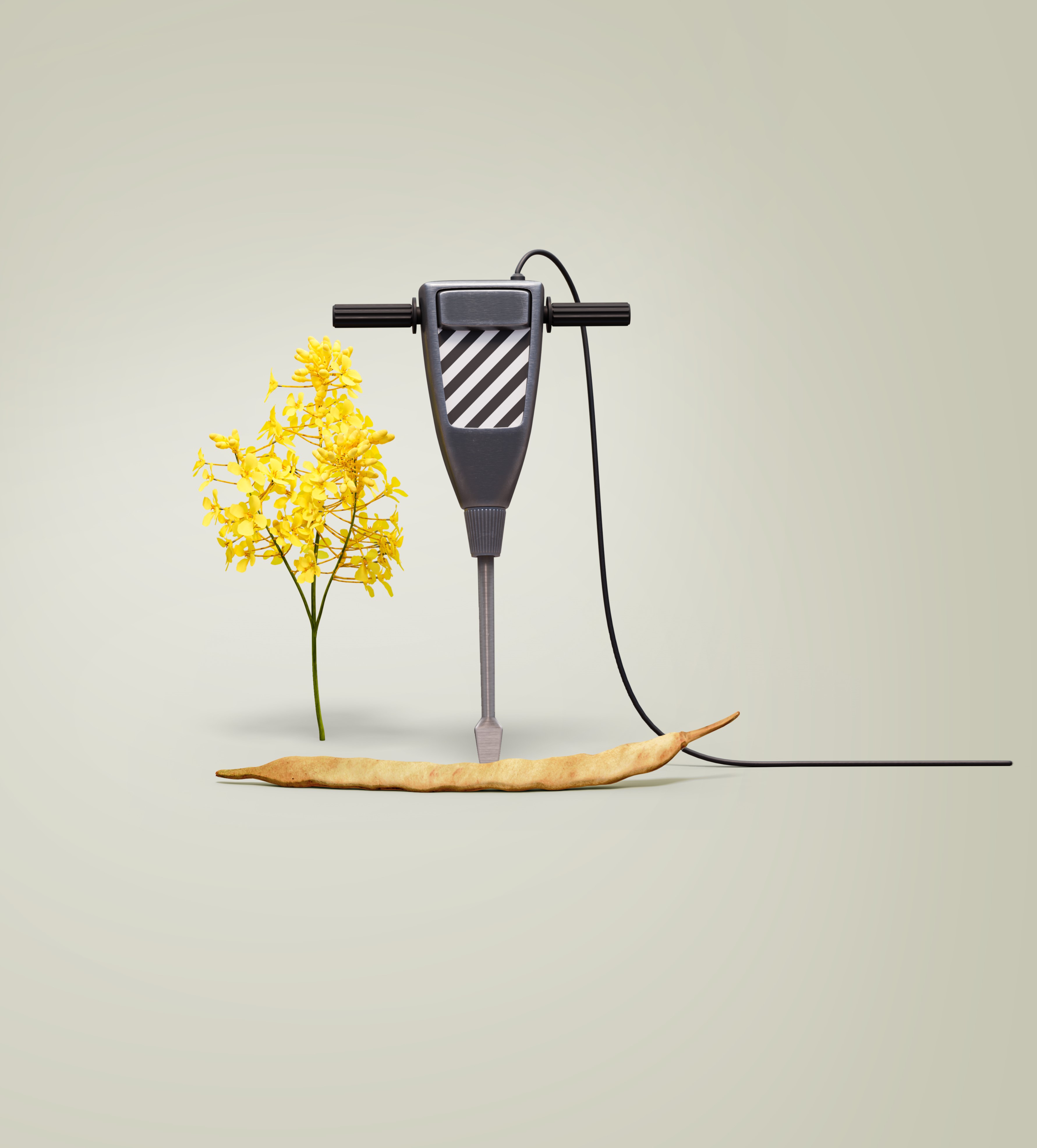Loading the oilseed rape dice in your favour
Growing oilseed rape has not been easy for many growers following the neonicotinoid but the signs of growing confidence in the crop are now emerging with many growers failing to find a better break crop alternative in their rotations.
“I think a lot of people are encouraged to take more of a risk with the crop if they think they’re not going to lose out so much if things go wrong,” says Oxfordshire producer David Passmore.
“You can then spend your money when you’re confident the crop is going to make it through.
“At the end of the day there are very few, if any, break crops that are as profitable as oilseed rape so it’s important we stick with it and learn how to grow it to the best of our abilities.”
A good conventional variety gives you greater flexibility of drilling date and cheaper cost of establishment, he believes.
“You want a strong, resilient variety that will establish well and that you can rely on. Campus has proved itself over so many years now and it always keeps upright and yields well in a variety of growing conditions.
“You can be assured it’s going to establish well and deliver consistent yields if you get your basic management right.
“It’s a firm favourite with growers because of this and has won a great deal of loyalty on-farm.”
The opportunity to reduce costs using farm-saved seed is also a key management benefit, he adds.
“If you can save money on seed to help reduce early expenditure, it makes a lot of sense. An element of farm-saved seed should be very much a part of a grower’s future risk mitigation strategy.”
For me this more than proves the importance of the right variety, good management and a healthy soil rather than relying on lots of inputs.
YEN winner keeps costs low
The former ADAS Yield Enhancement Network winner Richard Budd, who farms at Hawkhurst in south Kent, says ‘high input – high output’ is not necessarily the best approach with oilseed rape.
“We try to grow the crop as cheaply as possible and our Campus has averaged 6t/ha in recent years with our YEN winning crop achieving 7.19t/ha which according to ADAS is equivalent to 85% of crop potential.
“This was also from one of the lowest input spends I’ve had. For me this more than proves the importance of the right variety, good management and a healthy soil rather than relying on lots of inputs.”
Julie Goult of KWS believes it’s going to be a long time before the area of UK oilseed rape grown approaches that from before the Neonicotinoid ban, but there are signs of renewed confidence in the crop.
“Many growers currently have strong oilseed crops in the ground and with the price increases seen in recent times, quite a few producers should be seeing very significant returns this year.
“A considerable number of growers have also tried alternative break crops to try and replace oilseed rape in the rotation but are coming back around to realising there are very few that fit as well as oilseed rape.
“Plus there are still large areas of the country which do not have the problems with cabbage stem flea beetles seen in others and the knowledge of how to grow oilseed rape in a way that mitigates the risk of the pest is increasing all the time.”
Focus on establishment
Key management areas for Julie are to keep costs down as far as possible and focus on establishment above everything else.
“Its great that we are seeing new varieties with many traits that can protect yield and safeguard the crop, however, these come at a price and if you don’t have the right establishment properties to start with then you won’t have a crop to protect anyway.
“I think it’s something farmers understand and is probably why many tend to stick with the genetics they know rather than switch to something that on paper should give them more.”
“Campus is still our most popular oilseed rape variety despite it no longer being on the RL although it is seen as bit of a benchmark by being one of the control varieties.
“It’s a variety that has been in the market for several years now and its success is down simply to its consistent performance and farmer friendly agronomy package.”
“Last year, Campus had the highest gross output of any conventional variety in the RL trials at 104%. Across the full set of trials it was only bettered by just two of the newer hybrids.
“Plus when it comes to autumn vigour, it can certainly give a lot of the new hybrids a run for their money when it comes to speed of development – and that is still what counts to a lot of growers.”
Your consultants





